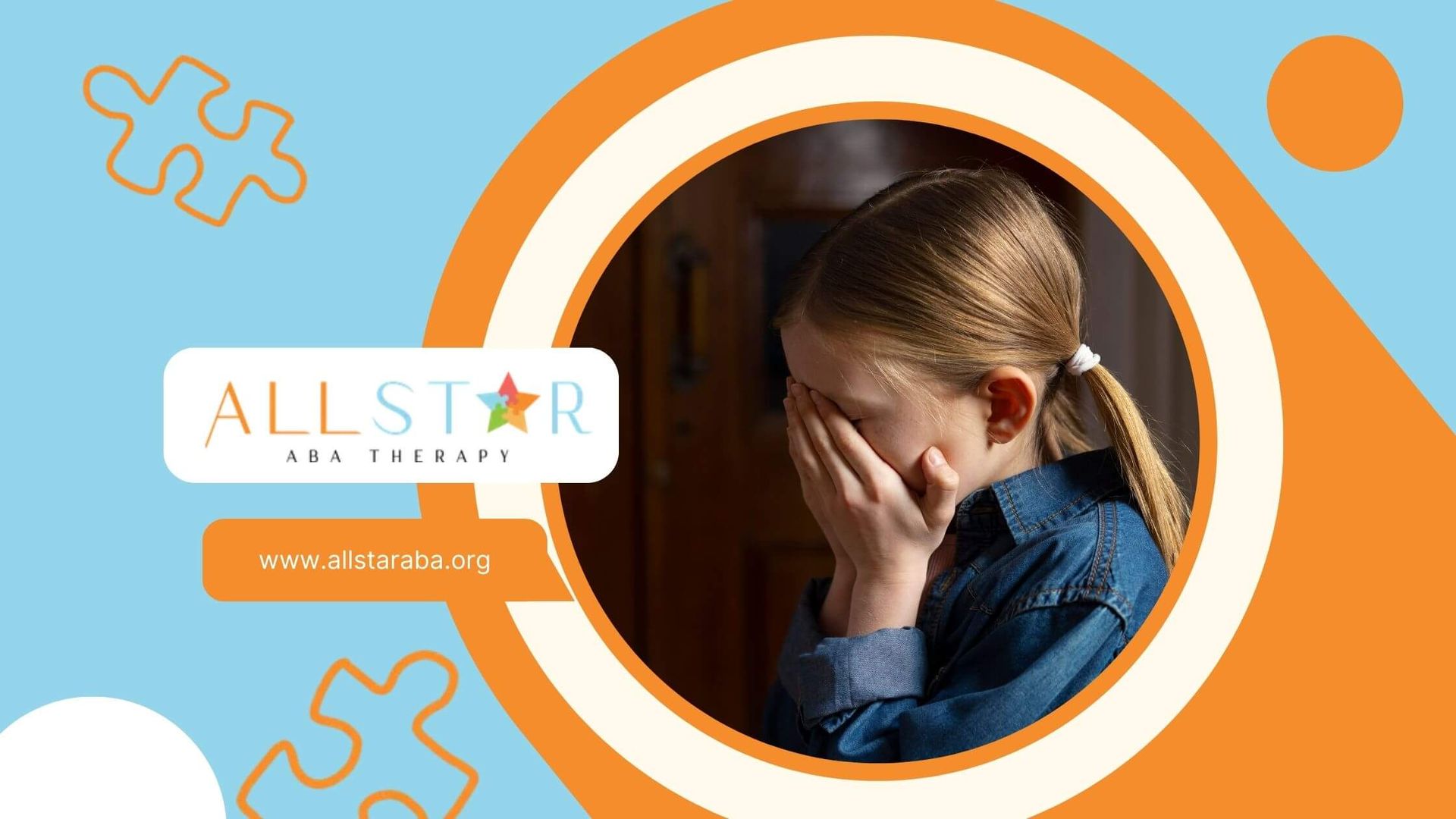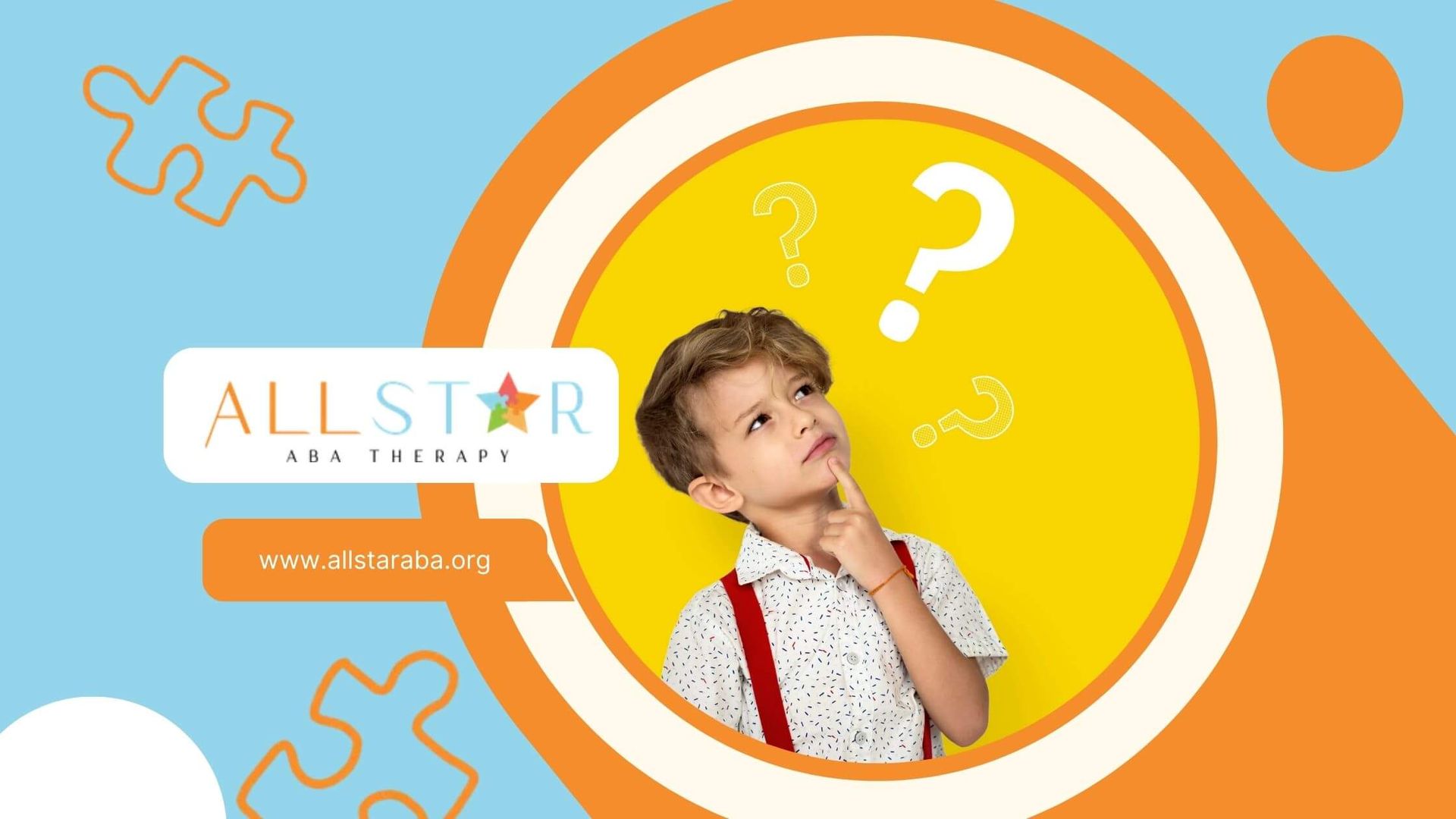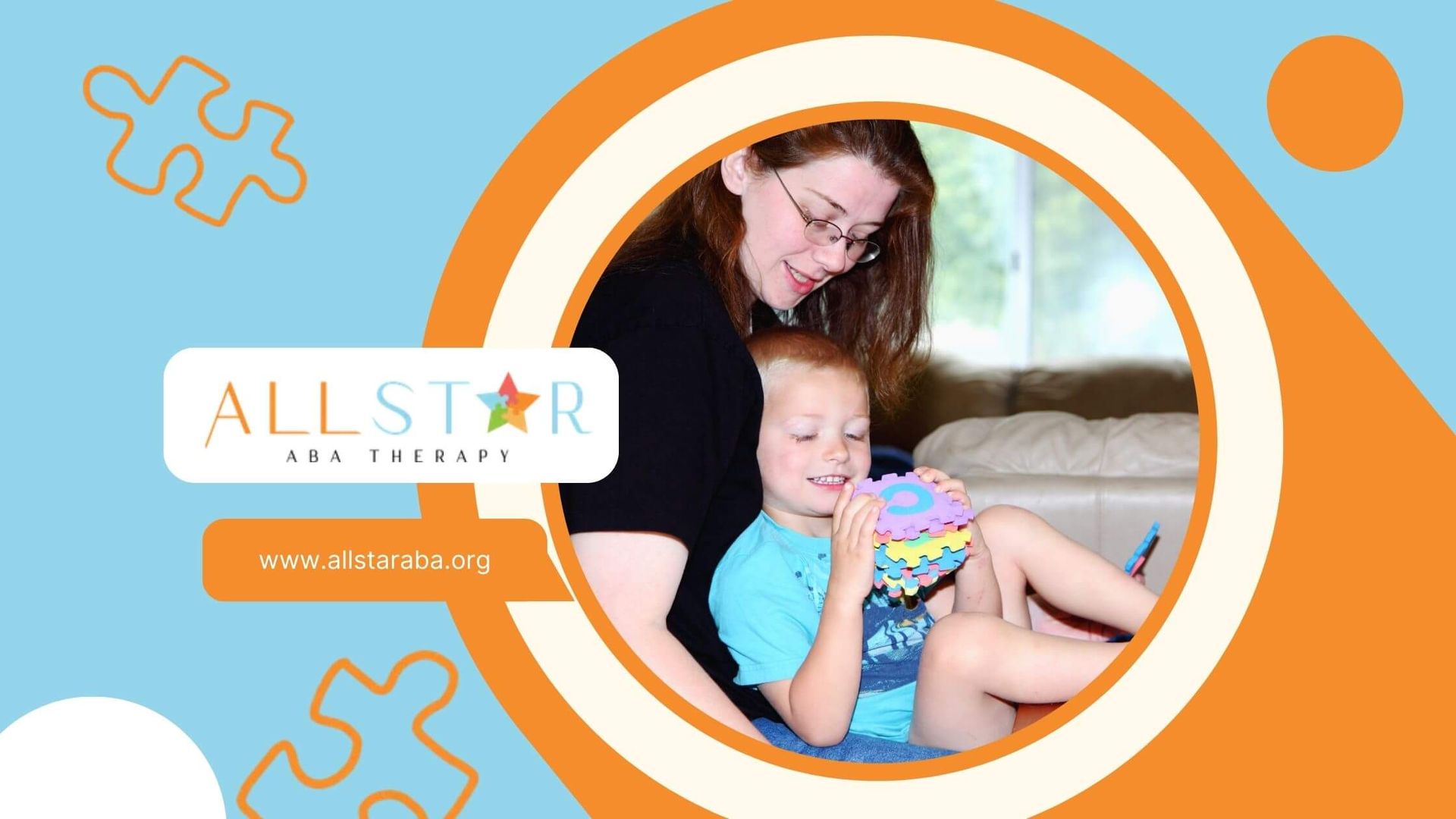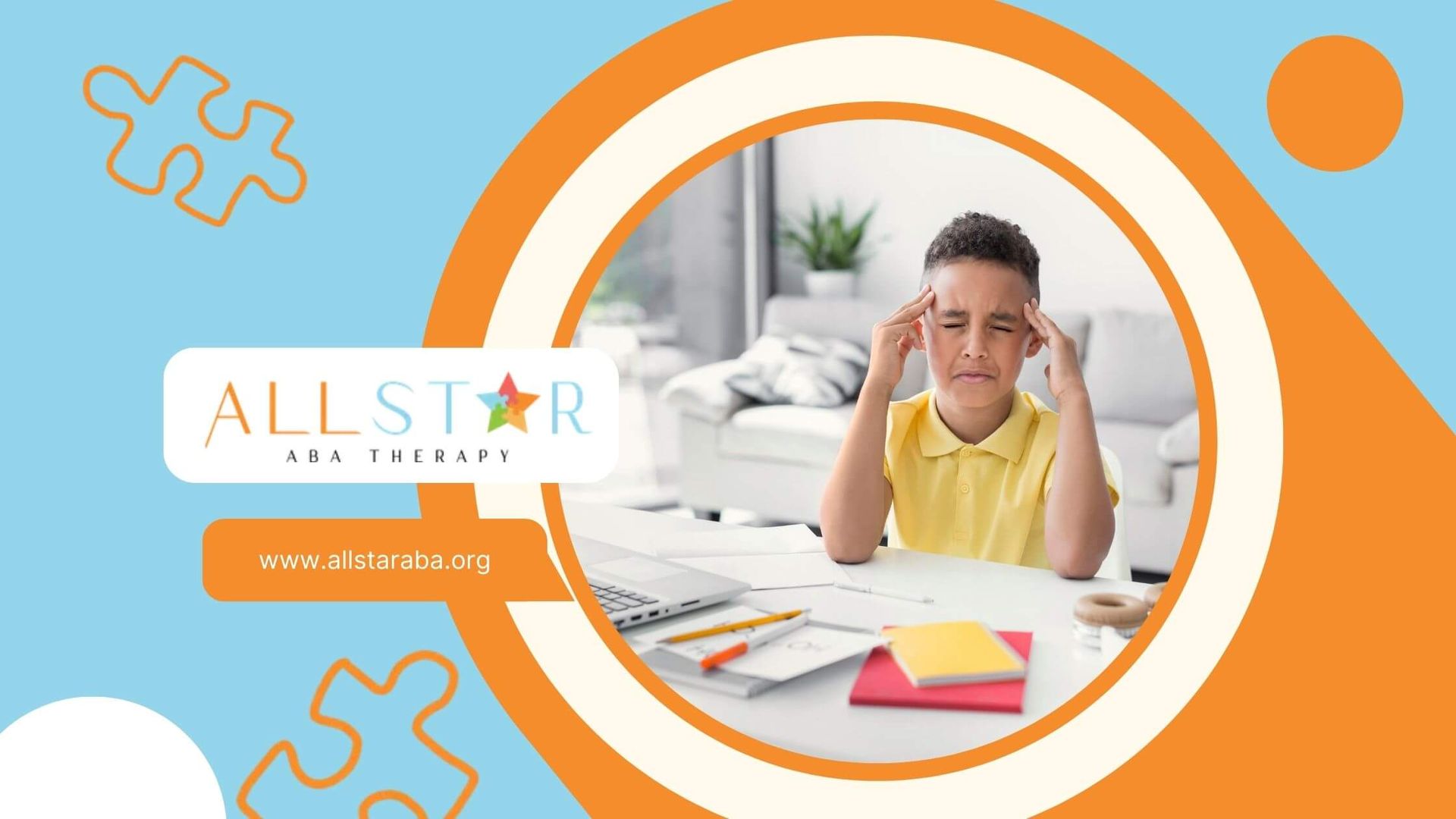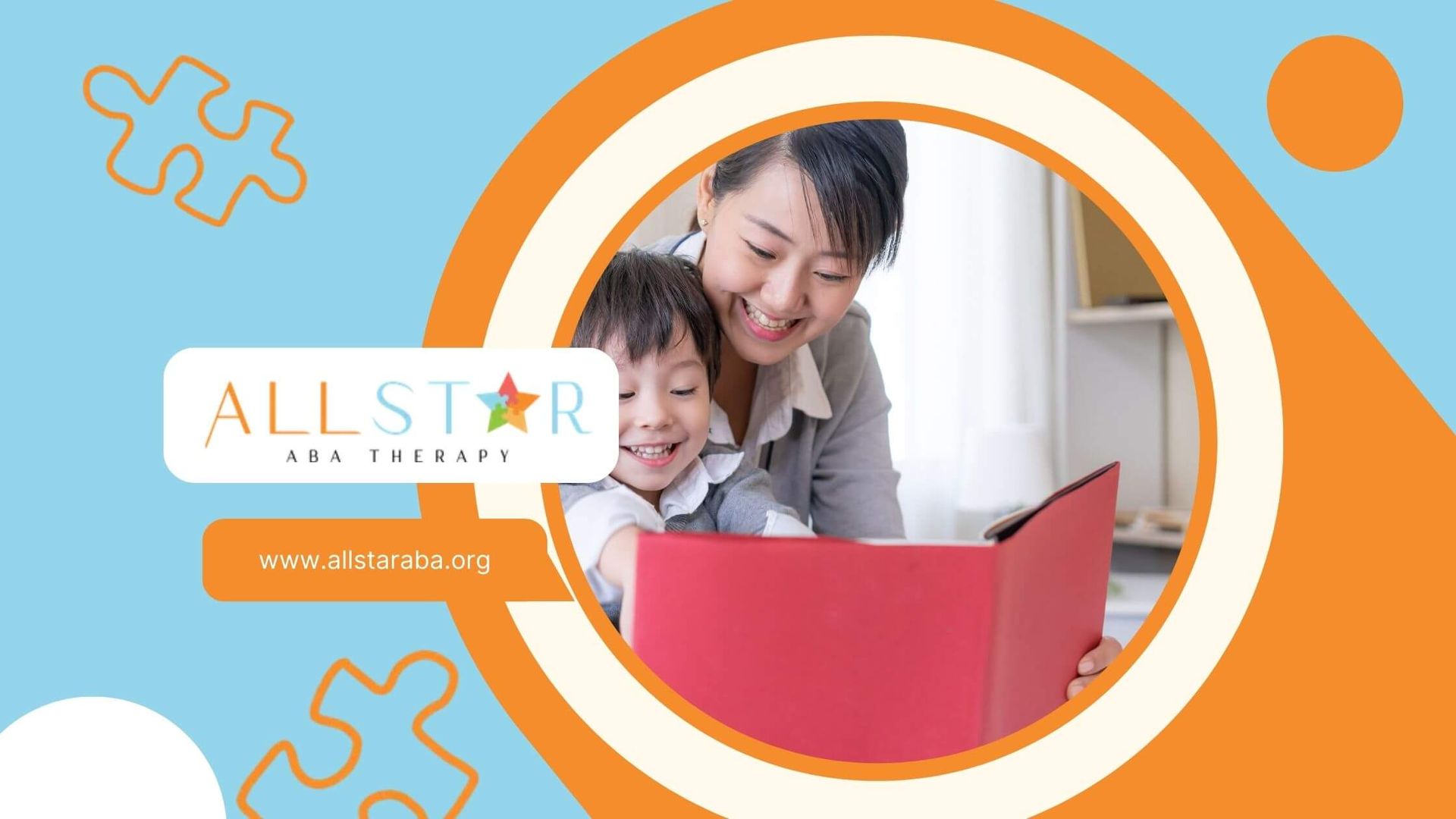New Paragraph
BCBA vs RBT Duties Demystified
Understanding Roles
When it comes to therapy services, it's essential to have a clear understanding of the roles and responsibilities of the professionals involved. In this section, we will provide an overview of the two key roles in therapy: Board Certified Behavior Analyst (BCBA) and Registered Behavior Technician (RBT).
BCBA Overview
A Board Certified Behavior Analyst (BCBA) is a highly trained professional who specializes in behavior analysis. BCBAs are responsible for conducting assessments, developing treatment plans, and overseeing the implementation of therapy programs. They play a crucial role in designing and monitoring interventions to help individuals achieve behavioral goals.
BCBAs are required to have a master's degree in behavior analysis or a related field. They must also complete supervised experience and pass a certification exam. BCBAs are guided by a strict code of ethical responsibilities, ensuring the highest level of professionalism and adherence to best practices in therapy. For more information on the ethical responsibilities of BCBAs, you can refer to our article on BCBA ethical responsibilities.
Some of the key responsibilities of BCBAs include:
- Assessment: BCBAs conduct thorough assessments to identify the specific needs and challenges of their clients. They use a variety of assessment tools and techniques to gather data and develop a comprehensive understanding of the individual's behavior.
- Treatment Planning: Based on the assessment results, BCBAs develop individualized treatment plans tailored to the unique needs of each client. These plans outline specific goals and strategies for behavior change and skill acquisition. For more information on case management by BCBAs, refer to our article on BCBA case management.
- Supervision: BCBAs provide ongoing supervision to RBTs and other therapy team members. They ensure that therapy programs are implemented correctly and monitor progress. This supervision includes regular meetings, feedback, and adjustments to the treatment plan as needed.
RBT Overview
A Registered Behavior Technician (RBT) is a paraprofessional who works under the supervision of a BCBA. RBTs play a vital role in directly implementing therapy programs and collecting data on client progress. They work closely with clients, providing direct support and implementing behavior intervention plans.
To become an RBT, individuals must complete specific training requirements and pass a certification exam. RBTs receive ongoing supervision from BCBAs to ensure the effective implementation of therapy programs. For more information on the job responsibilities of RBTs, you can refer to our article on RBT job responsibilities.
Key duties of RBTs include:
- Direct Implementation: RBTs work directly with clients, following the behavior intervention plans developed by BCBAs. They implement strategies to promote skill acquisition and behavior change.
- Data Collection: RBTs are responsible for collecting data on client progress during therapy sessions. This data helps BCBAs assess the effectiveness of interventions and make informed decisions regarding treatment plans.
- Skill Acquisition: RBTs play a crucial role in teaching new skills to clients. They use a variety of techniques and strategies to support skill development and promote independence.
The collaboration between BCBAs and RBTs is essential for providing effective therapy services. BCBAs oversee the overall treatment plan, while RBTs play a vital role in implementing interventions and collecting data. Effective teamwork and communication between these roles are key to achieving successful outcomes for clients.
Responsibilities of BCBAs
Board Certified Behavior Analysts (BCBAs) play a crucial role in the field of applied behavior analysis (ABA) therapy. Their responsibilities encompass various aspects of assessment, treatment planning, and supervision.
Assessment
One of the primary responsibilities of BCBAs is conducting comprehensive assessments of individuals receiving ABA therapy. This involves gathering information through interviews, observations, and assessments to understand the client's strengths, challenges, and specific needs. BCBAs utilize various assessment tools and techniques to evaluate behavior, language skills, social interactions, and other relevant areas. The assessment process helps BCBAs develop a comprehensive understanding of the client's unique profile and guides the development of effective treatment plans.
Treatment Planning
Based on the assessment results, BCBAs develop individualized treatment plans tailored to the specific needs of each client. These treatment plans outline specific goals and objectives to address the client's behavioral, communication, social, and other skill deficits. BCBAs utilize evidence-based strategies and interventions to create effective treatment plans that promote positive behavior change and enhance the client's overall quality of life. Additionally, BCBAs regularly review and update treatment plans to ensure they remain relevant and align with the client's progress and evolving needs.
Supervision
BCBAs provide supervision to Registered Behavior Technicians (RBTs) and other members of the therapy team. This includes ongoing training, guidance, and support to ensure that therapy sessions are conducted effectively and in accordance with the established treatment plans. BCBAs closely monitor the implementation of interventions, provide feedback, and make necessary adjustments to maximize the therapeutic outcomes. They also support the professional growth and development of RBTs by providing supervision hours required for certification.
By fulfilling these responsibilities, BCBAs contribute to the effective delivery of ABA therapy and the positive progress of their clients. Collaboration with RBTs and maintaining open lines of communication are key to ensuring that treatment plans are implemented successfully and consistently. To learn more about the duties of RBTs, continue reading the next section on duties of RBTs.
Duties of RBTs
Registered Behavior Technicians (RBTs) play a vital role in providing therapy services under the supervision of Board Certified Behavior Analysts (BCBAs). RBTs are responsible for carrying out various tasks to support the treatment and progress of their clients.
Direct Implementation
Direct implementation is a significant duty of RBTs. They work closely with clients, delivering therapy interventions based on the treatment plans designed by BCBAs. RBTs follow specific protocols and strategies to implement behavior modification techniques and skill-building activities tailored to the individual needs of their clients. They provide direct support and guidance to clients during therapy sessions, helping them acquire and practice new skills.
Data Collection
Accurate and comprehensive data collection is a crucial aspect of therapy. RBTs are responsible for collecting data on client behavior during therapy sessions. This includes recording the frequency, duration, and other relevant information related to targeted behaviors and skills. The data collected by RBTs is essential for BCBAs to analyze progress, make informed decisions, and modify treatment plans as necessary. Effective data collection ensures that therapy is evidence-based and enables BCBAs to track the effectiveness of interventions.
Skill Acquisition
RBTs actively participate in skill acquisition programs designed by BCBAs. They assist clients in learning and developing various skills, such as communication, social interaction, and daily living skills. RBTs use teaching methods and techniques outlined by BCBAs to facilitate skill acquisition. They provide reinforcement and prompt clients as needed to promote learning and progress. RBTs also collaborate with BCBAs to monitor and assess client progress regularly.
The duties of RBTs are essential for the success of therapy programs. By directly implementing therapy interventions, collecting data, and supporting skill acquisition, RBTs contribute to the overall progress and development of their clients. The collaboration between RBTs and BCBAs is crucial to ensure effective treatment and positive outcomes for individuals receiving therapy services.
Collaboration Between BCBA and RBT
Effective collaboration between Board Certified Behavior Analysts (BCBAs) and Registered Behavior Technicians (RBTs) is crucial for providing comprehensive and successful therapy services. By working together as a team, they can ensure the best outcomes for individuals receiving therapy. Two essential aspects of this collaboration are teamwork and communication.
Teamwork
Teamwork plays a vital role in the collaboration between BCBAs and RBTs. BCBAs and RBTs often work together on the same cases, sharing the common goal of helping individuals progress and achieve their therapy goals. BCBAs rely on the expertise and implementation skills of RBTs, while RBTs depend on the guidance and supervision of BCBAs.
In a collaborative environment, BCBAs and RBTs should foster an atmosphere of mutual respect, trust, and open communication. They should work together to develop treatment plans, set goals, and make modifications as necessary. By leveraging the unique strengths and perspectives of each team member, they can create a comprehensive approach to therapy that addresses the individual's needs effectively.
Communication
Clear and effective communication is essential for the collaboration between BCBAs and RBTs. Open lines of communication allow for the exchange of valuable information, including updates on client progress, observations, and any challenges encountered during therapy sessions.
BCBAs should provide clear instructions and guidelines to RBTs, ensuring that expectations are understood and followed. RBTs, in turn, should communicate any concerns, questions, or observations they have during therapy sessions. This two-way communication fosters a collaborative environment where everyone's input is valued and contributes to the overall success of therapy.
Regular team meetings, case reviews, and check-ins can also enhance communication between BCBAs and RBTs. These meetings provide opportunities to discuss progress, address any challenges, share ideas, and ensure that everyone is aligned in their approach to therapy. By maintaining ongoing communication, the BCBA-RBT team can effectively coordinate their efforts and provide the highest quality therapy services.
Collaboration between BCBAs and RBTs is a dynamic process that requires teamwork and open communication. By working together, sharing information, and leveraging their respective skills, BCBAs and RBTs can create a cohesive therapy team focused on achieving positive outcomes for individuals seeking therapy services.
Qualifications and Training
When it comes to the field of behavior analysis, both Board Certified Behavior Analysts (BCBAs) and Registered Behavior Technicians (RBTs) play important roles in providing therapy services. Let's take a closer look at the qualifications and training required for each position.
BCBA Requirements
To become a BCBA, individuals must meet certain requirements set by the Behavior Analyst Certification Board (BACB). These requirements include:
- Education: Candidates must possess a minimum of a master's degree in behavior analysis or a related field. The degree should be from an accredited institution that meets the BACB's coursework requirements. The coursework covers various topics such as applied behavior analysis, ethics, and research methods.
- Supervised Experience: As part of the certification process, candidates must complete a specific number of supervised experience hours in behavior analysis. This typically involves working under the guidance and supervision of a qualified BCBA. The BACB sets specific requirements for the number of hours and the type of experience that must be completed.
- Examination: After meeting the educational and supervised experience requirements, candidates must pass the BCBA certification examination. This exam assesses their knowledge and understanding of behavior analysis principles, concepts, and ethical considerations.
- Ethical Responsibilities: BCBAs are expected to adhere to a set of ethical guidelines outlined by the BACB. These guidelines ensure that BCBAs maintain a high standard of professional conduct and prioritize the well-being of their clients. For more information on ethical responsibilities, visit our article on BCBA ethical responsibilities.
- Ongoing Professional Development: BCBAs are required to engage in continuing education to stay updated with the latest research and advancements in the field. This includes attending conferences, workshops, and other relevant training opportunities.
RBT Requirements
To become an RBT, individuals must also meet specific requirements established by the BACB. The requirements for becoming an RBT include:
- Education and Training: Candidates must complete a minimum of a high school diploma or equivalent. They are also required to complete a 40-hour training program that covers various topics related to behavior analysis. This training program must be conducted by a qualified BCBA or BCaBA.
- Competency Assessment: After completing the training program, candidates must successfully pass a competency assessment. This assessment evaluates their ability to apply the skills and knowledge learned during the training program.
- Examination: Once the competency assessment is passed, candidates must pass the RBT certification examination. This exam assesses their understanding of the RBT task list, which outlines the specific skills and responsibilities of an RBT.
- Ongoing Professional Development: RBTs are also required to engage in ongoing professional development to enhance their skills and knowledge. This may include attending workshops, webinars, and other training opportunities to stay up to date with best practices in behavior analysis.
It's important to note that both BCBAs and RBTs work collaboratively as part of a therapy team. BCBAs provide supervision and guidance to RBTs to ensure the effective implementation of behavior plans. The collaboration between these two roles is essential for providing high-quality therapy services to individuals in need.
By meeting the specific requirements and completing the necessary training, both BCBAs and RBTs are equipped with the skills and knowledge to make a positive impact on the lives of their clients.
Need Support?
We're Here to Help!
Our experienced team is ready to assist you. Reach out today to discuss how we can support your child's development and well-being.
Get started with expert ABA therapy today.




